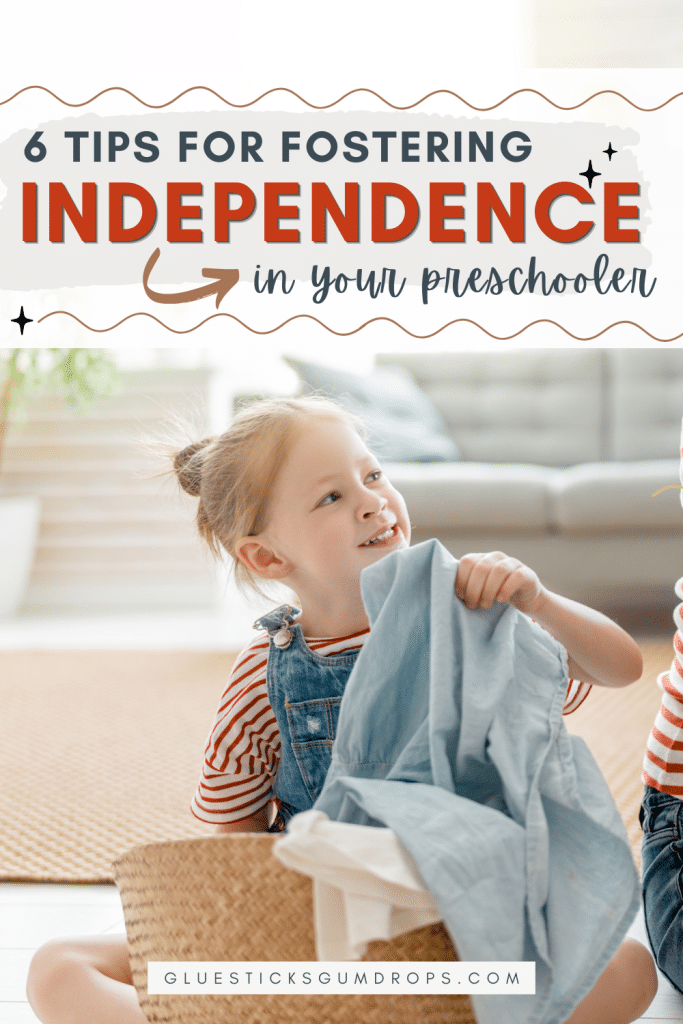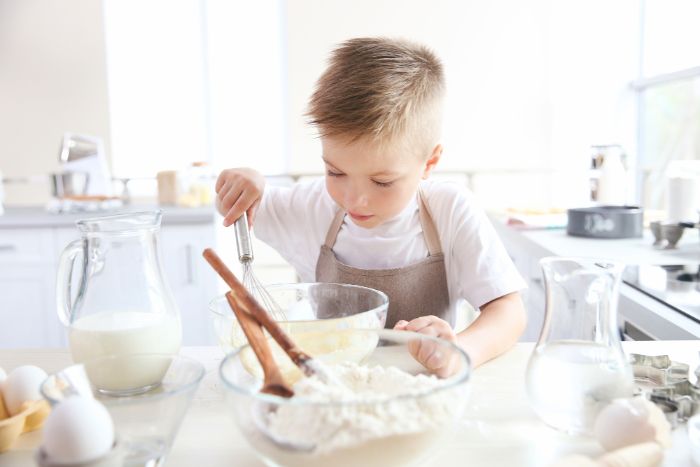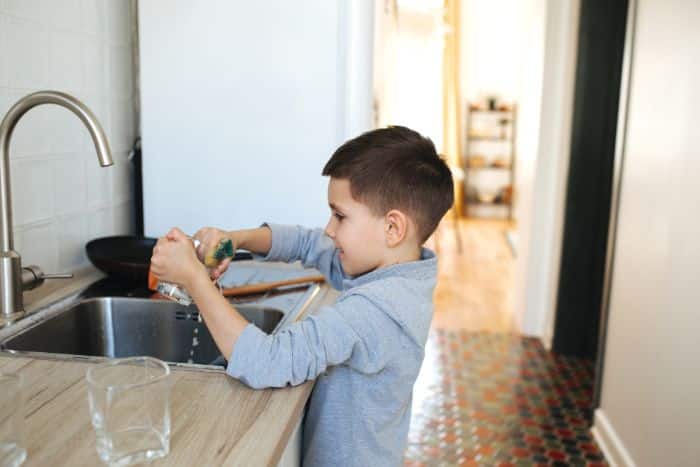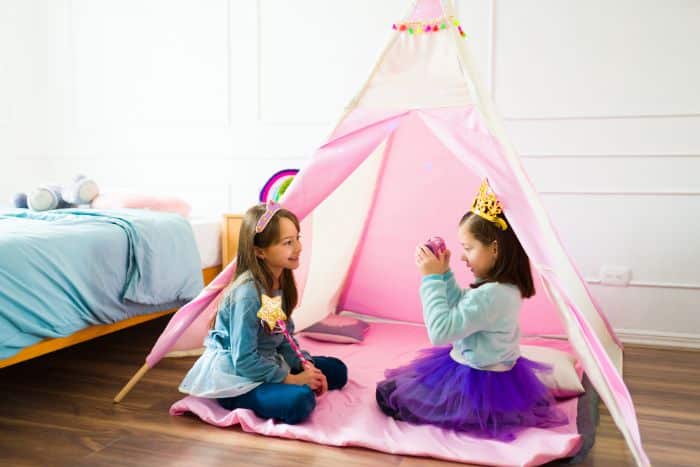From the moment your child is born, you’ll know that you have an important role to play in shaping their lives. As a parent, you’re responsible for providing your kids with a nurturing environment where they can grow and thrive so that they can live a life filled with boundless joy and love. To this end, you make sure that you involve yourself in your children’s life in as many ways as possible to ensure that you’re guiding them toward a path to lifelong happiness and success. However, there comes a time when every parent has to take a step back and let their kids learn on their own.

Encouraging your child to become independent and self-reliant is crucial for their future development. When you allow them to make decisions for themselves and complete simple tasks without your involvement, they become more confident in their skills and gain a positive perception of themselves. Children with high self-esteem are also more willing to take on challenges, making them more eager to learn new things. Moreover, children who are unafraid to solve simple problems on their own develop critical thinking skills and a genuine love for learning early on.
Indeed, teaching your child to be independent at an early age can leave a positive impact even on their academic life. When you foster independence at home, your child can incorporate what they’ve learned into their preschool life and broaden their horizons. By combining your children’s self-determination with excellent early childhood education and childcare in Singapore, your kids will be more motivated to excel in their academics.
Nevertheless, fostering independence in your preschooler can be a daunting task. After all, as a parent, you want to make sure that you’re implementing the right strategies to impart the valuable lessons of being an independent person to your child. Thankfully, there are plenty of approaches you can use to teach them independence. Let’s have a look at six of them.

Provide a Safe Environment for Exploration
Letting your kids explore and give in to their curiosity is a great way for them to practice their independence. However, their exploration must be done in a safe environment, often in a home setting. Childproofing your house can make your kids less fearful of their surroundings, allowing them to build their confidence and adaptability at their own pace.
It’s also a good idea to provide your child with stimulating materials that promote independent and creative play. Open-ended toys, like wooden blocks, magnetic tiles, and drawing tools, allow them to explore their individuality and resourcefulness. By creating a safe environment for exploration, you’re providing your child with experiences that will help build their confidence and adaptability while preparing them for diverse learning situations.
Encourage Age-Appropriate Decision-Making
Giving your child the opportunity to make age-appropriate decisions empowers them to exercise their autonomy and boost their self-esteem. Simple choices, like selecting what clothes they want to wear, what food they want to eat, and how they want to spend their weekend, grant them a sense of ownership over their decisions. This approach will also let your child experience the results of their choices, both good and bad. Exposing your kids early on to decision-making situations makes them learn to weigh their options, developing their critical thinking skills in the process and helping them build resilience when the outcomes turn out to be not in their favour. This lays the groundwork for more making complex choices in the future, ultimately teaching them to be responsible for their decisions.

Assign Age-Appropriate Chores
Another way to give your child a sense of responsibility is by assigning them age-appropriate chores. Giving them tasks like tidying up their toys, setting the table, and wiping up spills teaches your child the value of teamwork and cooperation. Acknowledging their participation in maintaining a harmonious home environment will help make your child feel proud of their contributions to the family. Moreover, the positive response they receive will further encourage them to do their chores willingly.
Allow Problem-Solving Independence
When you see your child having difficulty solving simple problems, like tying their shoelaces or retrieving their ball from under the couch, do your best to resist the urge to offer your immediate help. Situations like these give them the opportunity to use their problem-solving skills independently, encouraging them to use critical thinking to explore different solutions and learn from their mistakes. To prevent your child from getting frustrated, however, you may offer them guidance to steer them to the right solution.

Encourage Playdates and Social Interaction
Organizing playdates is a great way to encourage your child to engage in social interaction with their peers. Playing with other preschoolers also helps them develop essential social skills that foster cooperation, empathy, and negotiation abilities. These social experiences build independence in your kids as they learn to navigate social situations without constant parental involvement.
Be a Positive Role Model
As your child’s first teacher, they likely see you as the perfect role model, and as such, you have a great influence on their behaviors. You have to set a good example for your child by demonstrating the positive uses of independence and decision-making in your own life. Show them how you handle challenges with patience and a level head, and you should also demonstrate the benefits of lifelong learning. By witnessing these behaviors, your child will be more likely to mirror your independence and self-confidence.
Fostering independence in your preschool-age child can be a challenging experience for both them and you. However, when your kid understands the value of being independent at a young age, they’ll be empowered to experience new things on their own and will be more confident in navigating the world around them.
